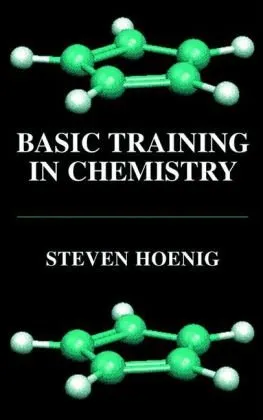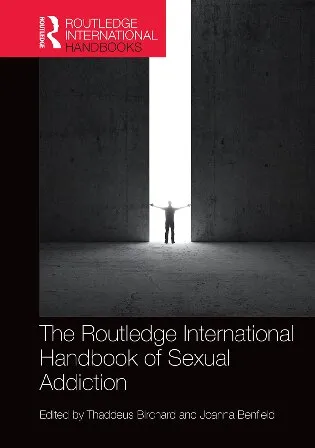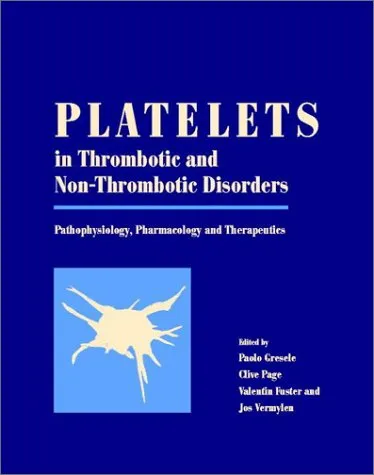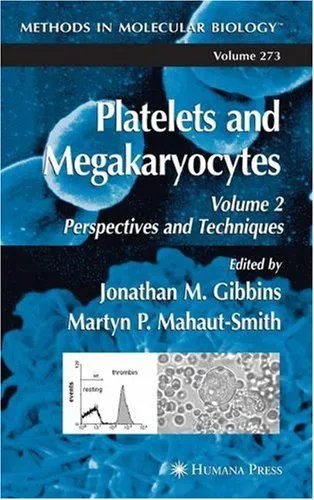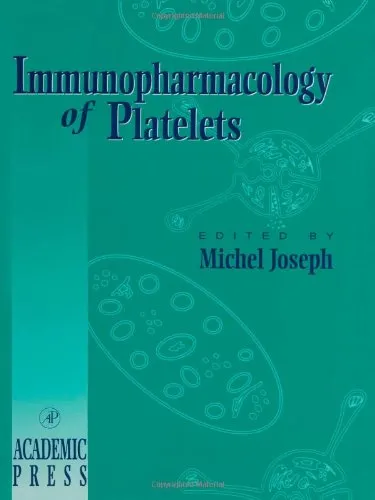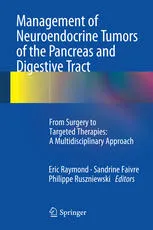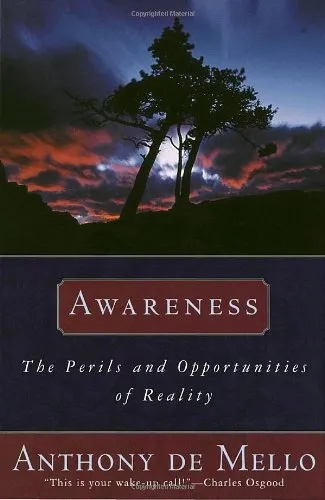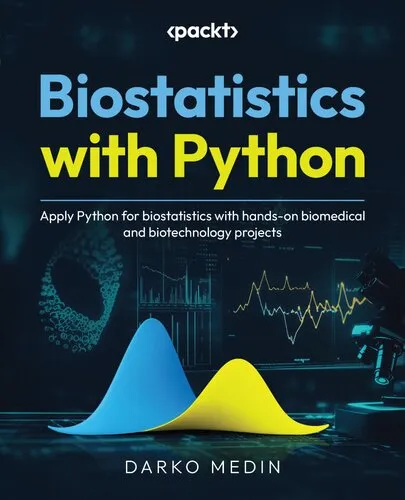Journal of High Resolution Chromatography
4.6
Reviews from our users

You Can Ask your questions from this book's AI after Login
Each download or ask from book AI costs 2 points. To earn more free points, please visit the Points Guide Page and complete some valuable actions.Related Refrences:
Analytical Summary
The Journal of High Resolution Chromatographypp.577—578 represents a concentrated segment of scholarly discourse at the cutting edge of chromatographic science. This work brings together expert observations, methodical experimentation, and technical evaluations within two pivotal pages of the highly respected journal, offering an intense focus on advanced analytical methodology.
From separation efficiency to precision in qualitative and quantitative analyses, these pages encapsulate the technological and theoretical strides that have defined high resolution chromatography in research and industry. This is not simply a report; it is an authoritative snapshot of applied science, providing clarity for professionals who demand rigor and reproducibility in their analytical results.
Information regarding the exact publication year of these pages is unavailable due to absence of reliable public source data, yet the relevance of the content transcends temporal boundaries. The discourse is framed around practical optimization of chromatographic methods and the fine-tuning of high resolution analytical techniques, ensuring its sustained utility for academic and industrial chemists.
Key Takeaways
Readers will extract significant professional and conceptual value from the concentrated material found in Journal of High Resolution Chromatographypp.577—578. The insights here serve both as a reflection of the discipline’s sophistication and as a toolkit for the practitioner.
One critical takeaway is the importance of methodological precision — small variations in parameters can have large implications for resolution and reproducibility. Additionally, the content stresses the role of technological advancements, from instrument calibration protocols to enhanced detector systems, which directly impact the performance of high resolution analytical techniques.
Finally, readers encounter a coherent framework for evaluating chromatographic data, stressing rigorous statistical validation and error minimization. Such guidelines are invaluable for competitive research environments where accuracy can determine viability.
Memorable Quotes
"Precision is not an option in chromatography—it is a requirement." Unknown
"Every peak tells a story; the scientist’s role is to interpret it with integrity." Unknown
"High resolution techniques are the lens through which we view the unseen." Unknown
Why This Book Matters
The relevance of Journal of High Resolution Chromatographypp.577—578 lies in its ability to distill dense scientific advances into a digestible format without losing the depth that professionals require.
Its focus on chromatographic method optimization has direct implications for sectors as diverse as environmental monitoring, pharmaceutical development, and forensic science. By pairing theoretical models with experimental outcomes, it builds a bridge between the lab bench and real-world application.
Furthermore, high resolution analytical techniques discussed in this segment remain fundamental to innovating rapid, accurate, and cost-effective analysis. For educators, this source serves as a teaching anchor; for researchers, it offers a touchstone of best practices; and for industry experts, it denotes a benchmark for technological standards.
Inspiring Conclusion
Engaging with the Journal of High Resolution Chromatographypp.577—578 is more than an academic exercise; it is an invitation to refine one’s craft and deepen professional impact.
These pages, concentrated yet potent, capture the discipline’s vitality and progress. Whether your goal is to enrich a research project, enhance laboratory protocols, or contribute to scientific dialogue, this volume provides a precise, reliable touchstone.
Take the next step—study it attentively, share its insights with peers, and discuss its implications within your field. In doing so, you actively participate in advancing the science of chromatography and ensuring its future relevance.
Free Direct Download
You Can Download this book after Login
Accessing books through legal platforms and public libraries not only supports the rights of authors and publishers but also contributes to the sustainability of reading culture. Before downloading, please take a moment to consider these options.
Find this book on other platforms:
WorldCat helps you find books in libraries worldwide.
See ratings, reviews, and discussions on Goodreads.
Find and buy rare or used books on AbeBooks.

